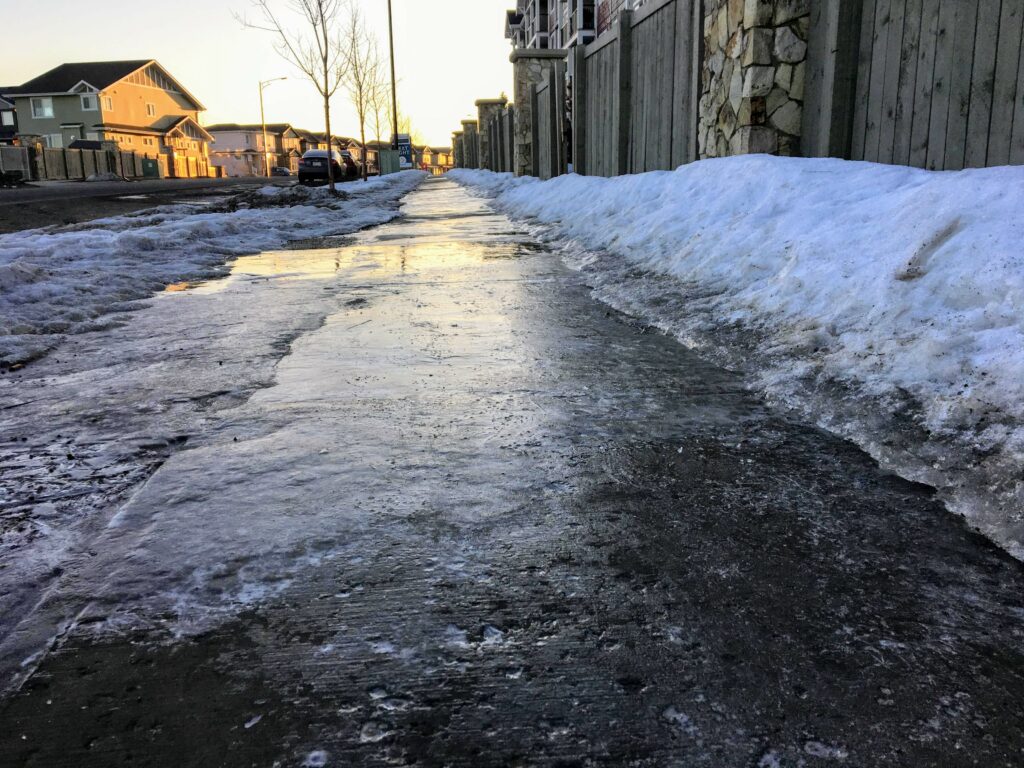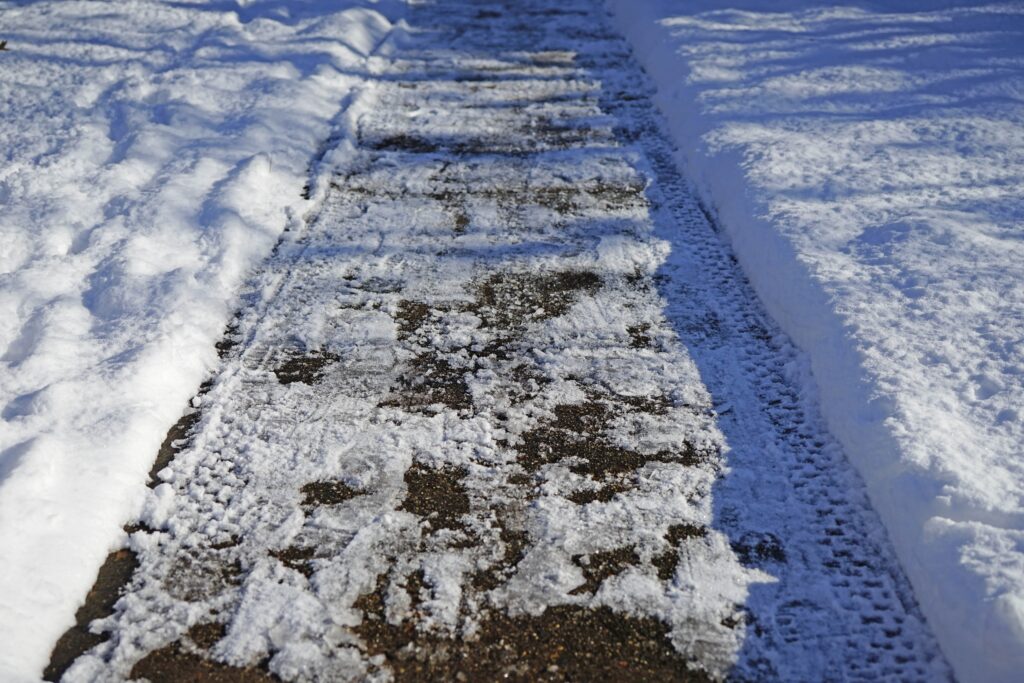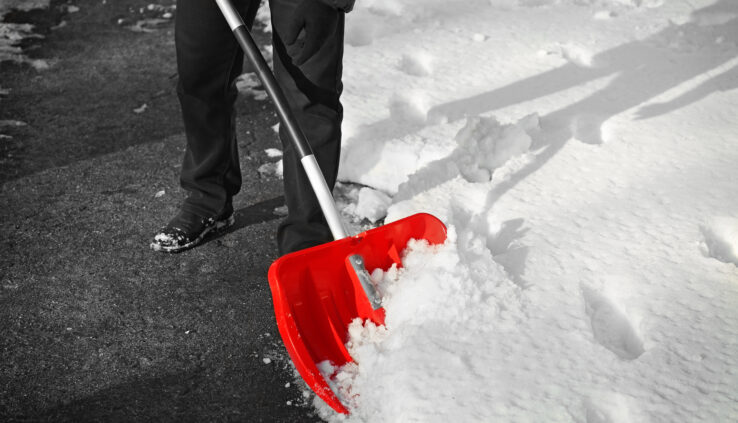The Negative Effects of Winter on Concrete – and How to Prevent Them
As winter weather arrives, it is important to be aware of the potential damage that cold weather can have on concrete. Concrete is susceptible to cracks and other damage when the weather dips below freezing. Let’s discuss the negative effects of winter weather on concrete, as well as how you can prevent them from occurring.

When concrete is exposed to cold weather, it can suffer from a phenomenon known as freeze-thaw damage. This occurs when water that is present in the concrete freezes and expands, causing the concrete to crack and crumble. Freeze-thaw damage is most likely to occur when concrete is not properly cured, or when it is porous and has not been properly sealed.

There are a few steps you can take to prevent freeze-thaw damage to your concrete. First, make sure that your concrete is properly cured before exposing it to cold weather. Curing allows the concrete to slowly dry and harden, which prevents it from being susceptible to weather damage. You can also seal your concrete to create a barrier against moisture. Sealing helps to prevent water from seeping into the concrete and freezing, which can cause it to crack.
The best time to seal your concrete is in the fall, before winter weather arrives. Sealing your concrete in the fall will help to protect it from the cold weather and from freeze-thaw damage.
If there is already frost on the ground, it is too late in the season to seal your concrete. In that case you should wait until the spring or the following fall.
Sealing should last anywhere from 5 to 10 years, but it may depend on the weather conditions in your area. Sealing is a good way to protect your concrete from weather-related damage, but it is not impervious to damage. Extreme weather conditions (such as high winds or heavy rains) can still cause damage to sealed concrete. In general, however, sealing will help to extend the life of your concrete and protect it from weather-related damage.
If you live in an area that is prone to cold weather, it is important to take steps to protect your concrete from weather damage. By following the tips above, you can help ensure that your concrete will withstand the winter weather. Give us a call at Bravo Concrete Maintenance for all of your concrete needs! 716-834-2454

